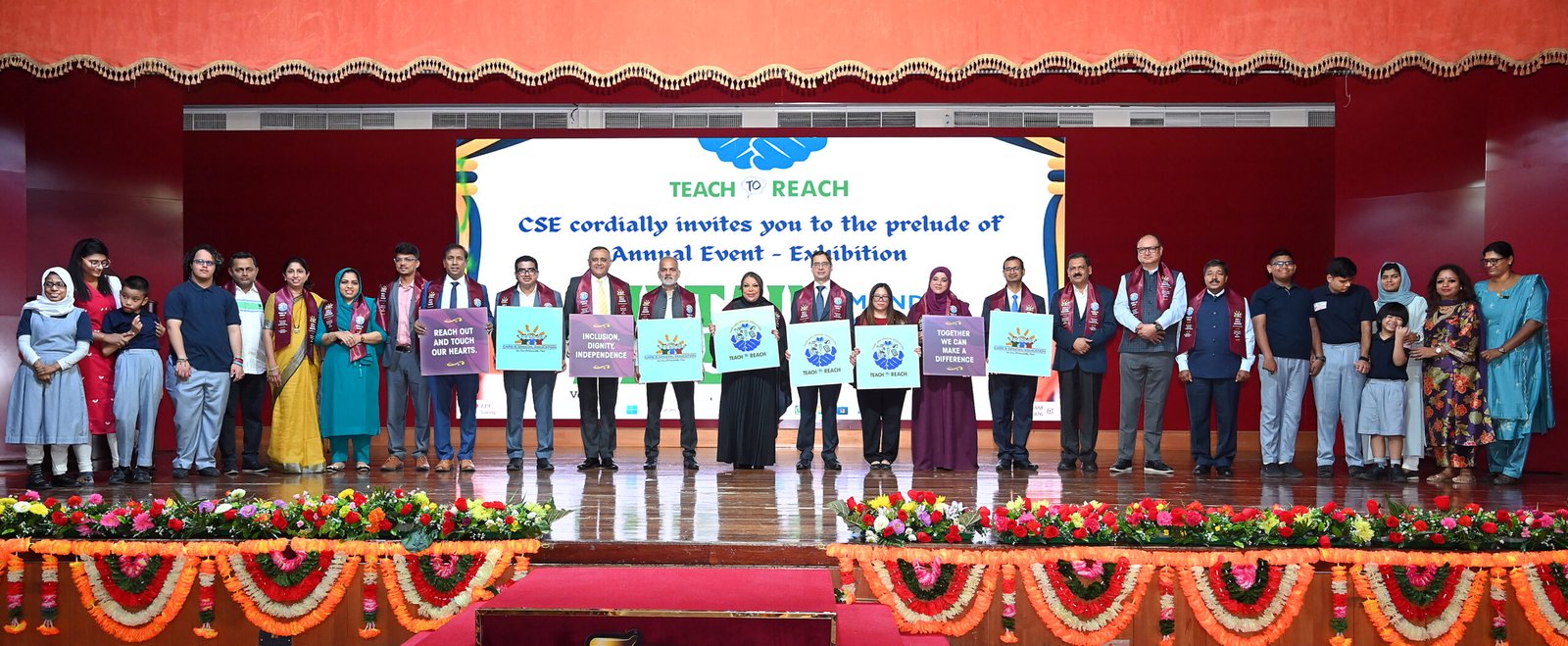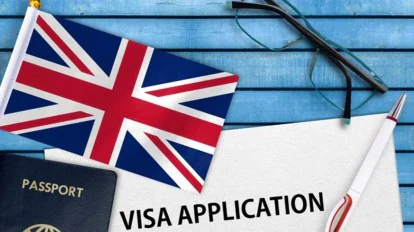This is part of the L’Oréal-Unesco’s global awards For Women in Science initiative that has recognised over 3,900 phenomenal researchers and 122 laureates from over 110 countries and regions since its inception in 1998.
Dr. Nura Adam Mohamed and Arij Yehya are two young Arab female scientists who have received awards under the first-ever L’Oréal and Unesco For Women in Science Young Talent Awards Ceremony for MENA recently held in Dubai, a report in The Peninsula says.
This is part of the L’Oréal-Unesco’s global award For Women in Science initiative that has recognised over 3,900 phenomenal researchers and 122 laureates from over 110 countries and regions since its inception in 1998.
Dr. Nura was awarded for her research on developing nonconventional, novel therapeutic tools to prevent the development of diabetes mellitus and cardiovascular diseases, while Arij Yehya was awarded for her research on identifying factors that drive the widening of the gender gap in personality traits to further evaluate current and future gender policies.
14 young women from GCC were awarded and given the award as they underscore their role in solving today’s challenges
Both Dr. Mohamed and Yehya are working at Qatar University, Dr. Mohamed as a Research Associate at the Biomedical Research Center, and Yehya as a full-time faculty member.
The role of women in S & T is quite low, according to Unesco Science Report published in June 2021, although the number of women in scientific careers increases, only 33 percent of the world researchers are women.
The Peninsula to these young and talented scientists and asked them four questions on the recognition, how their research will help the society, how gender policies will play a role in the country, and a message to inspire the young generation.
How does it feel to be receiving this award? Being the recipient of the first-ever L’Oreal -Unesco For Women in Science Young Talent Awards for Middle East?
The role of women in S & T is quite low, according to Unesco Science Report published in June 2021, although the number of women in scientific careers increases, only 33 percent of the world researchers are women.
Dr. Nura Adam Mohamed: I was thrilled and honoured to have won this award, as this award will help me set an example for my colleagues and students, to encourage more women to join the scientific research community, and to represent women researchers in Qatar.
Arij Yehya: I am honoured to receive the L’Oreal-Unesco for Women in Science Middle East Young Talent award. This is validating for me as a female researcher in the field of Psychology who works in Qatar. It acknowledges my hard work in research and highlights that there are several opportunities for female scientists to excel and earn regional recognition.
Can you tell us about your research and its contribution towards the society?
Dr. Nura Adam Mohamed: Diabetes is one of the most common chronic metabolic disorders in Qatar, the Arab Gulf region and the world, and cardiovascular complications are the most common complications of diabetes and the main contributor to the disease. The uncontrolled and persistent diabetes metabolic abnormalities cause many damages to large and small blood vessels and these abnormalities can lead to many cardiovascular diseases. This shows the importance of developing non-traditional therapeutic tools.
From this point of view, my research focuses on developing nanoformulations that in addition to transporting anti-diabetic drugs have properties that enable them to reduce the cardiovascular complications.
Arij Yehya: Gender differences in personality traits seem to widen in areas with higher human development. This unintuitive finding might be an opportunity for scientists in the field of psychology to learn more about the interaction of culture and personality. Knowing what is driving the gap between genders on personality traits might give us a better understanding of the nature of personality traits and the role of culture in shaping who we are.
What are the identifying factors that can shape future gender policies in Qatar?
Dr. Nura Adam Mohamed: I believe that female empowerment to achieve gender equality should start from early stages as early as primary schools. This could be achieved by hosting public engagements and welcoming young girls to open research days and later to volunteer in the research field. We can expose them at early stages to this field and let them get in touch with other female scientists from different levels in the scientific field, starting from the basic science levels to the decision-making levels.
Arij Yehya: Many factors shape gender policies around the world. This includes economic growth, culture, and local and global challenges. For example, COVID-19 pandemic has been a current challenge for many women who have lost their jobs or had to leave their work to take care of their loved ones. This calls governments to introduce and expand policies that provide the society with the ability to face these global issues and ensure better progress of the community.
Message to the public, especially women, who want to excel?
Dr. Nura Adam Mohamed: My advice to every female who wants to build a career in the scientific research field is not to be afraid of making mistakes, and to consider every unsuccessful experiment or failed step during the early stages of the research career as a motive to move forward.
Arij Yehya: Success is a combination of hard work, opportunity, mentorship and support. These key factors are intertwined. Women who work hard are usually given more opportunities. At the same time, having good mentorship and support is vital to succeeding in most occasions.
************************************************************************
Readers











